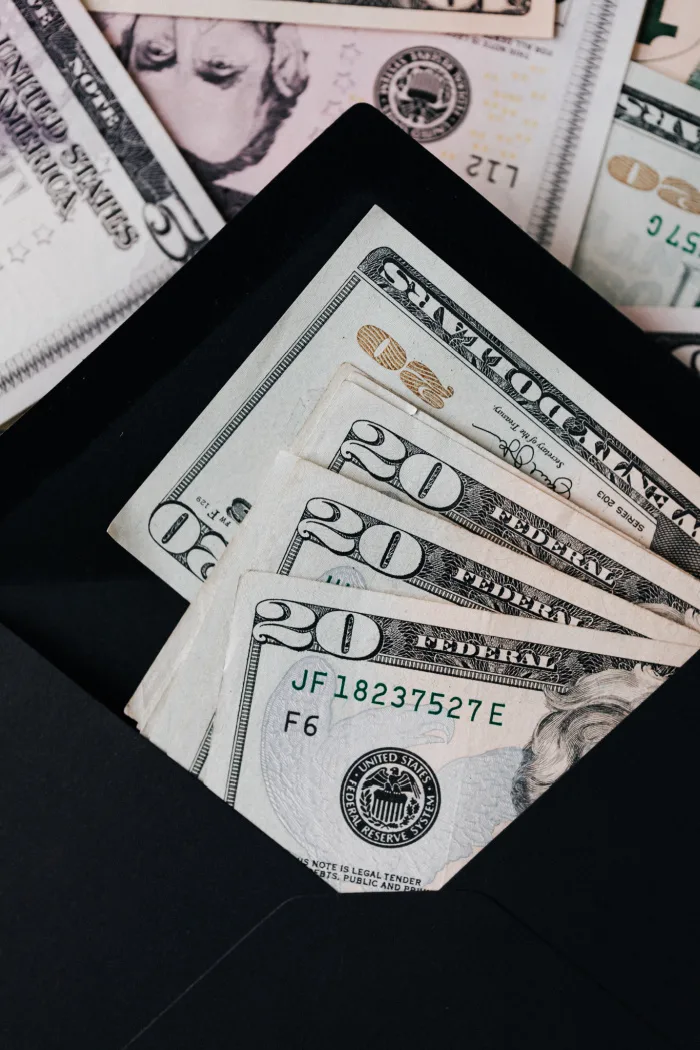Paying off your debts might be your number one goal right now, but are you taking the best approach? Or are you sticking your head in the sand? Maybe you’re struggling because you simply don’t know what kind of approach would be the best one for your situation and circumstances.
There’s a wide range of reasons why people end up struggling with their debt, but that doesn’t mean it has to stay that way. We’re going to talk today about some of the things you can start to do differently in order to pay off your debts in a more sustainable manner. So keep reading to find out more.

Start by Confronting the Reality of the Situation
First of all, you need to take an honest look at the situation. Nothing will change until you know what you’re up against and what you need to start doing differently. Many people find it hard to face up to the reality of things when they’re in debt. And yes, it often is easy to simply turn the other way. But you can’t confront any problem in life and beat it until you face it head-on and understand it for what it really is. This is always the most important place to start and it’s part of the process that shouldn’t be skipped.
Pay Off the Most Urgent Debts First
It’s often a good idea to look at your different debts and then try to list them in terms of priority with the most pressing and urgent ones at the top. By the most urgent and pressing, we’re usually talking about the kinds of debts that have higher interest rates attached to them and that are going to cause you the most financial hardship the longer they’re hanging over you. Give this some thought and talk to an expert if you’re not sure of the best ways to rank your debts.
Look Into the Snowball Method of Paying Off Debts
Leading on from that last point, you might also want to think about using the snowball method as a way to pay off your debts sooner. When you use the snowball method, you’ll find that your debt quickly becomes more manageable than it was previously. That’s because you’ll start paying off the small debts first and you’ll then gain momentum until only your largest debt is left for you to pay off. It’s a strategy that’s at least worth looking into a little more.
Create a Strict Spending Plan
When you have a strict and limiting spending plan in place, it makes it a lot easier for you to stay on track with your debt repayments. And if you get really frugal and cut back on your spending a lot, you might also be able to overpay each month. That’s the key to paying off your debts faster. If you’re only paying the minimum repayment amount each month, that’s going to cause problems for you in the end because the interest will continue to hit you hard month after month. Paying off faster is the way to do it.
Maximize Your Income
It’s also a good idea to think about how you can improve your finances by maximizing your income. Of course, for many, this is something that’s easier said than done. But if you think you’re due a rise, simply ask for it. You’ll never know until you ask. Or maybe you can take on some extra work or work extra hours. All of these things will help you to boost your income and pay off your debt faster. It’s definitely an option that’s at least worth exploring.
Dedicate as Much Money to Paying Off the Debts as You Sustainably Can
When you dedicate more of your money to paying off your debts and less of it to other things that you might be tempted to spend on, that’s when you start making real progress with your debt situation. And that’s what you want. This is not just about budgeting though; it’s about mental strength and the will to keep doing what you can to reduce your debt week after week and month after month. It means some short-term pain but it’ll certainly be worth it for the long-term gain.
Keep an Eye on Your DTI Ratio
You can get a better idea of how you’re paying off debt and what your debt situation looks like by using the DTI ratio or debt to income ratio. This tells you what proportion of your income is going towards the aim of paying off debts. If you think that your DTI ratio is quite low and you could be doing more, then simply take a look at your finances and see if you can start dedicating more of your money towards debt repayments each month instead of wherever else the money is going.
Look Into Debt Consolidation Options
Debt consolidation options are always worth considering. When you have lots of debts, it can become very difficult and overwhelming to stay on top of them all. It’s usually better for you to consolidate them into one debt and pay that off sustainably in a way that works for you. It’s not the right solution for everyone, but it’s worth considering.
Don’t Hesitate to Talk to Someone
Finally, you should remember that there are people out there to talk to, both for help with your debts and for assistance with your mental health. Dealing with stress can be very difficult from a mental health perspective and it’s always best to reach out and get help from trained professionals if you are struggling a lot and finding it difficult to cope.
Paying off debt is always a struggle, but if you’re not sure what to do and the advice above doesn’t help you, getting the help you need from a professional might. Either way, don’t let this problem overwhelm you or take over your life because it doesn’t have to be that way.